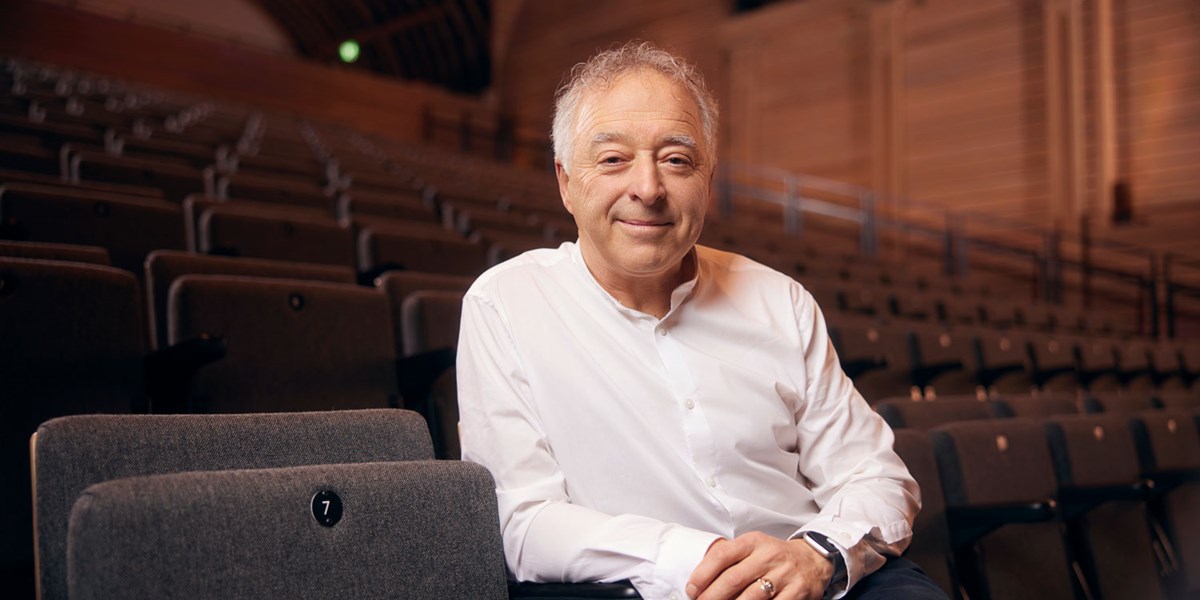Thursday, May 9, 2024
Frank Cottrell-Boyce's My World Interview
Russ Slater Johnson speaks to the screenwriter and author about Irish jigs, anti-recruiting songs and how a scouser gave Manchester a city motto

Frank Cottrell-Boyce (photo: James Hole)

Register now to continue reading

Thanks for visiting the Songlines website, your guide to an extraordinary world of music and culture. Sign up for a free account now to enjoy:
- Free access to 2 subscriber-only articles and album reviews every month
- Unlimited access to our news and awards pages
- Our regular email newsletters

